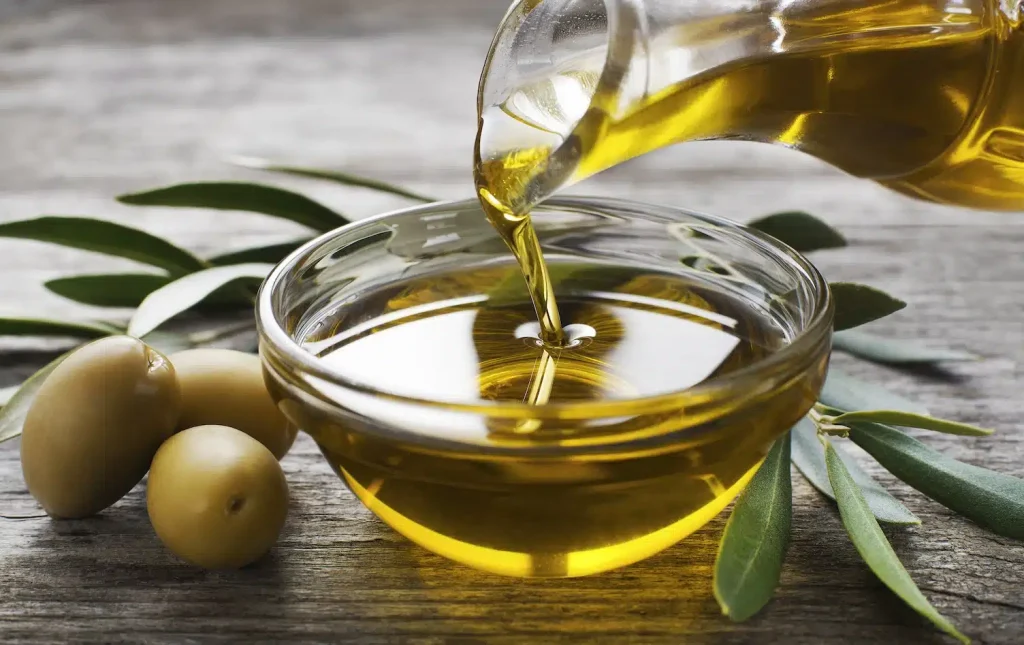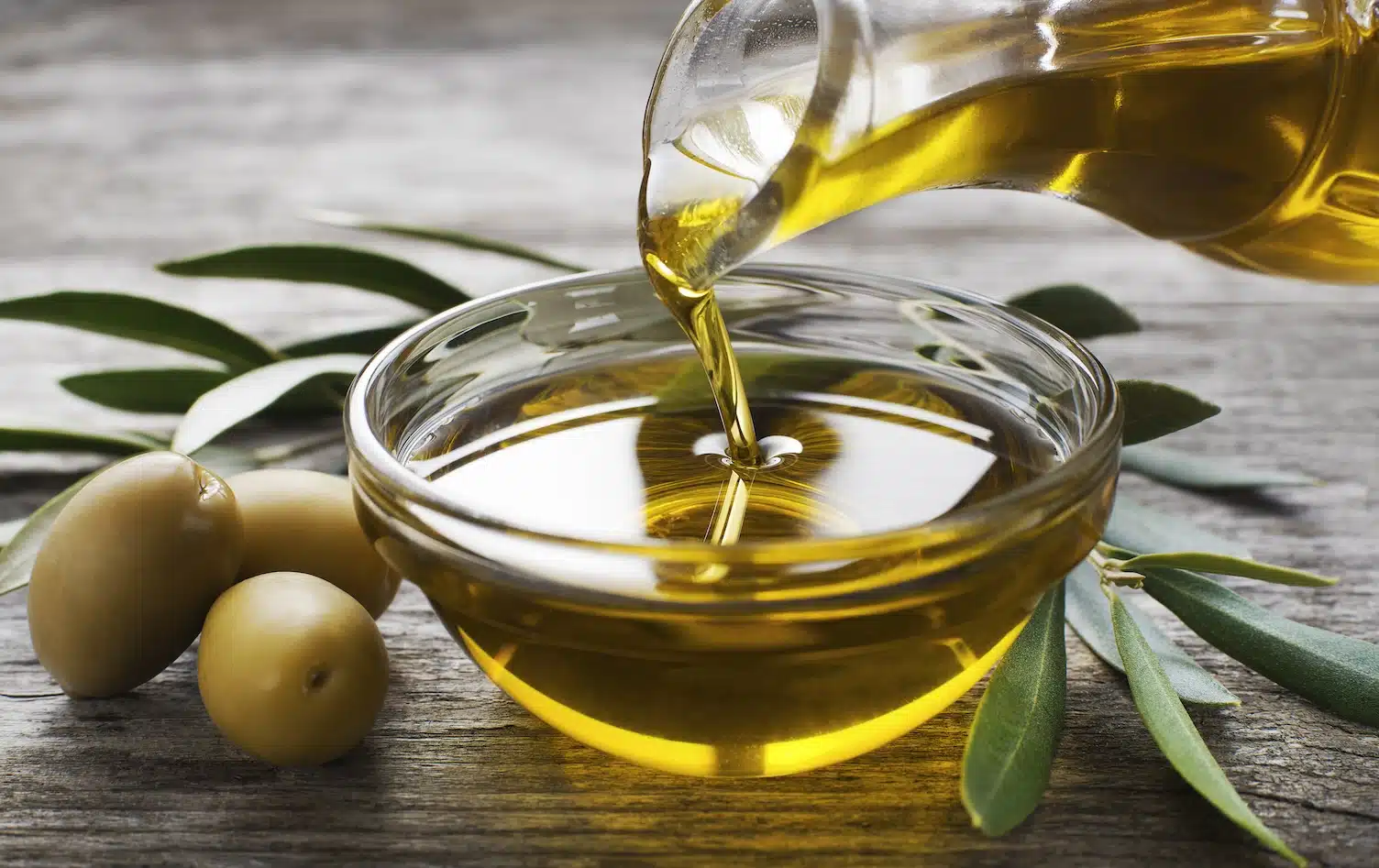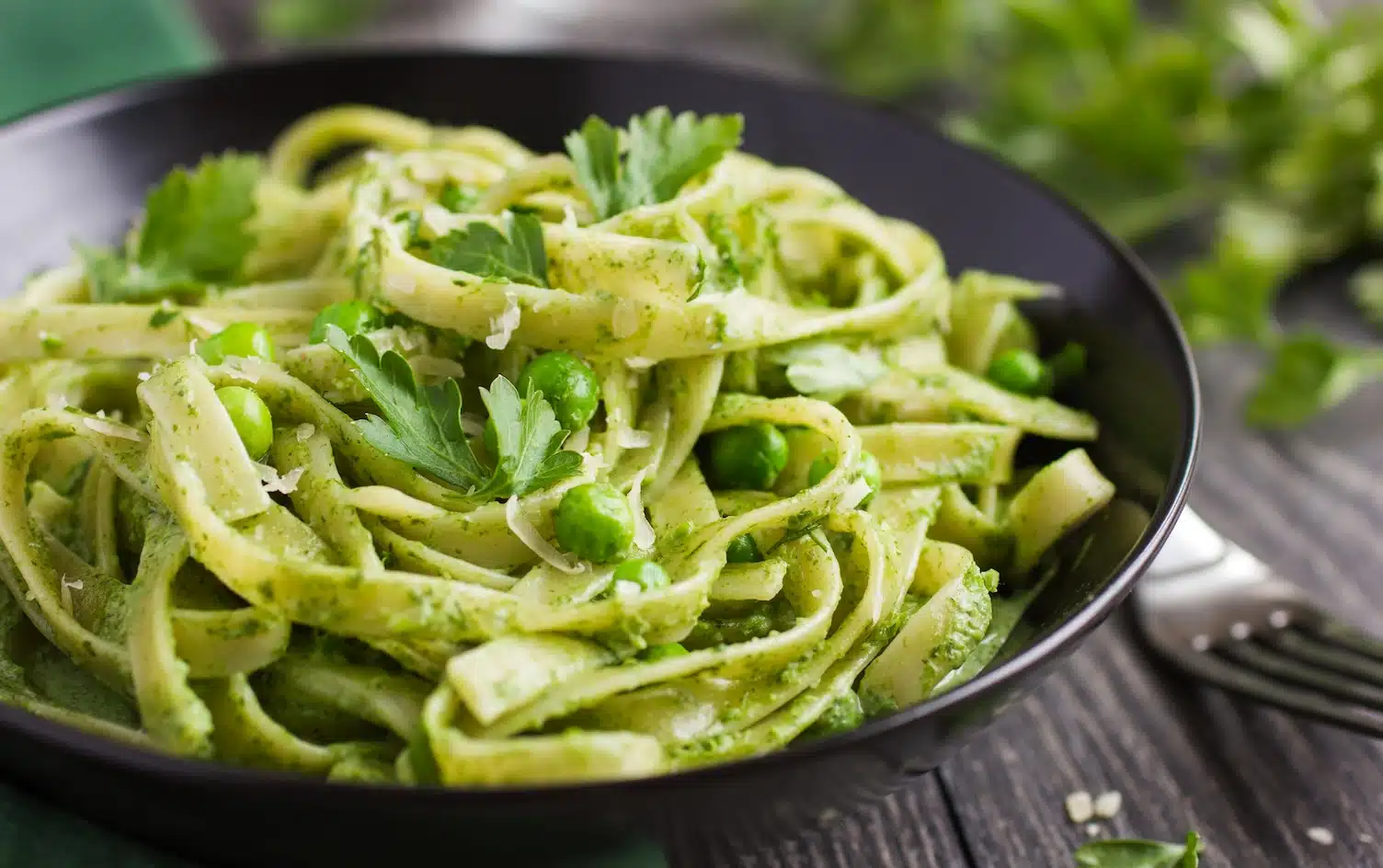What is Vegetable Oil
Most vegetable oils are soybean oil, mixed with corn oil to give it the “vegetable” name.
Soybean oil is primarily composed of polyunsaturated fatty acids (PUFA). Only about 8% of these polyunsaturated fatty acids are healthy omega-3 fatty acids.
The rest are omega-6 fatty acids, which studies have shown to increase the risk of inflammatory diseases such as obesity, diabetes and cardiovascular disease when consumed in large amounts.
Vegetable oil vs. other oils
In the war against seed oils, many purportedly healthier alternatives have emerged, such as olive oil, avocado oil, and even butter. But how do they stack up against vegetable oils?
“Vegetable oils have roughly the same calorie and fat content as most other popular vegetable-based cooking oils,” explains Bassbaum, and continues, “but when looking at the rest of their nutritional content, things are different.
For example, olive oil is much higher in antioxidants and monounsaturated fatty acids (MUFAs), which have been found to improve heart health and reduce the risk of cancer. And, according to Bassbaum, avocado oil has a similar nutritional profile.

As for the trendy butter, Basbaum is skeptical.
“Although it’s minimally processed, the fact that it’s so high in saturated fat (about 50 percent of the total fat) is a big red flag, since it’s well known that lowering saturated fat intake can significantly reduce cardiovascular risk factors,” she warns.
That said, if weight loss is your goal, Bassbaum says there’s no substantial scientific research to support one oil over another.
Frequently Asked Questions
What is the difference between olive, sunflower, canola and coconut oils?
Although they are all classified as vegetable oils and contain approximately the same amount of total fat and calories, the main differences between them are flavor, ideal cooking conditions, and fatty acid profiles – that is, how much saturated fat, polyunsaturated fat (PUFA), and monounsaturated fat (MUFA) they contain.
Olive oil: 14.2% saturated, 10.8% PUFA, 75% MUFA
Sunflower oil: 10.8% saturated fatty acids, 68.8% polyunsaturated fatty acids, 20.4% MUFA
Canola Oil: 7.5% saturated, 28.5% polyunsaturated, 64% MUFA
Coconut oil: 92% saturated, 1.9% polyunsaturated, 6.2% MUFA
Are some oils better than others for high temperature cooking?
Yes! Oils that contain high levels of polyunsaturated fats (PUFAs) may not be the best choice for high temperature cooking due to the release of harmful compounds. Vegetable oils, which are general-purpose cooking oils consisting primarily of soybean and/or corn oil, are quite high in PUFAs (usually ~60%). As such, they are not ideal for high-temperature cooking. Vegetable oils (such as olive oil or avocado oil) contain higher levels of MUFA and polyphenol compounds, making them more heat stable and providing more health benefits. This is important because other oils suitable for high temperatures, such as coconut oil, do not contain these heart-healthy benefits due to their very high saturated fat content.



